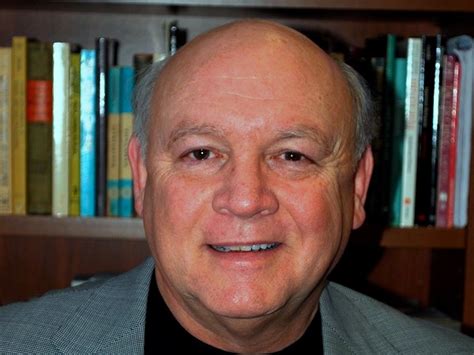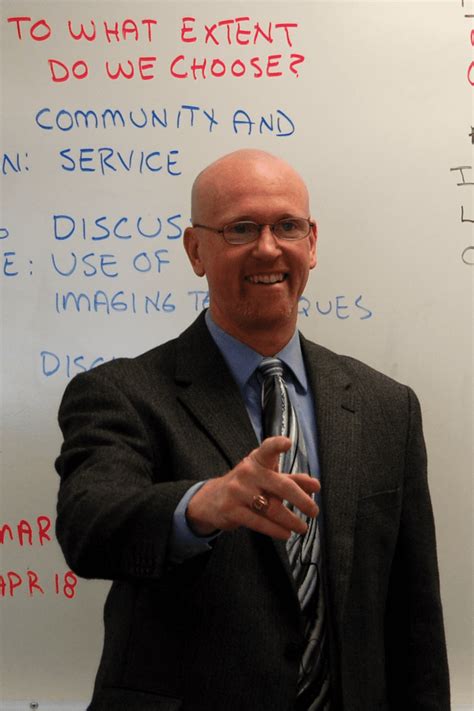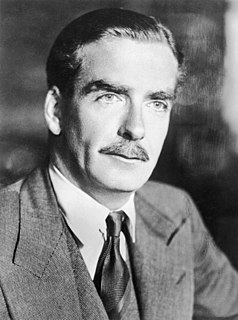A Quote by William Penn
Inquiry is human; blind obedience brutal. Truth never loses by the one but often suffers by the other.
Related Quotes
Those who speak of blind obedience may appear to know many things, but they do not understand the doctrines of the gospel. There is an obedience that comes from a knowledge of the truth that transcends any external form of control. We are not obedient because we are blind, we are obedient because we can see.
Real inquiry is a tremendous moral transforming force. It's not just questioning and looking for a quick answer or explanation, but the process of inquiry-of questioning, of opening-opens something in the human being which has not been touched in our culture. Everybody who is human has in themselves the potential of passionate inquiry after truth, and that's the transforming force.
There never is any such thing as one truth to be found in dramatic art. There are many. These truths challenge each other, recoil from each other, reflect each other, ignore each other, tease each other, are blind to each other. Sometimes you feel you have the truth of a moment in your hand, then it slips through your fingers and is lost.
It cannot be said too often that actions are good or bad in the light of consequences, and that a clear perception of consequences would control actions. That which increases the sum of human happiness is moral; and that which diminishes the sum of human happiness is immoral. . . . Blind, unreasoning obedience is the enemy of morality.
Truth should be the first lesson of the child and the last aspiration of manhood; for it has been well said that the inquiry of truth, which is the love-making of it, the knowledge of truth, which is the presence of it, and the belief of truth, which is the enjoying of it, is the sovereign good of human nature.
Under any religion, the preestablished impersonal code transcends the right of the individual to explore, experience, and marvel at the mysteries of his own life and death. Religions introduce us not to God but to slavery. They deprive us of our freedom to explore our own souls and to discover the endless and wondrous possibilities presented to us by an infinite universe. And most often the method of religions is fear, not love. They demand blind obedience and often obedience to dreadful dogma.
Blind obedience is itself an abuse of human morality. It is a misuse of the human soul in the name of religious commitment. It is a sin against individual conscience. It makes moral children of the adults from whom moral agency is required. It makes a vow, which is meant to require religious figures to listen always to the law of God, beholden first to the laws of very human organizations in the person of very human authorities. It is a law that isn't even working in the military and can never substitute for personal morality.









































